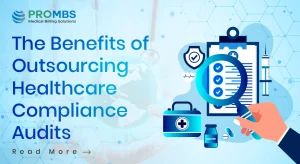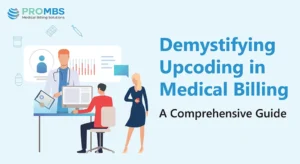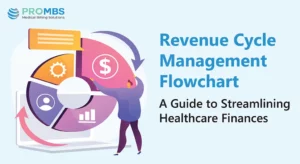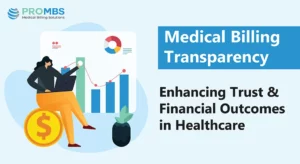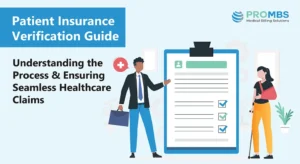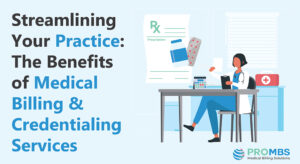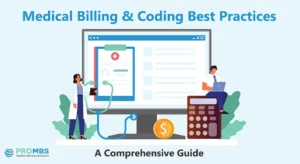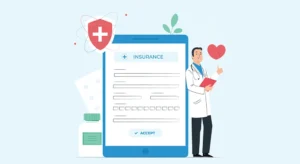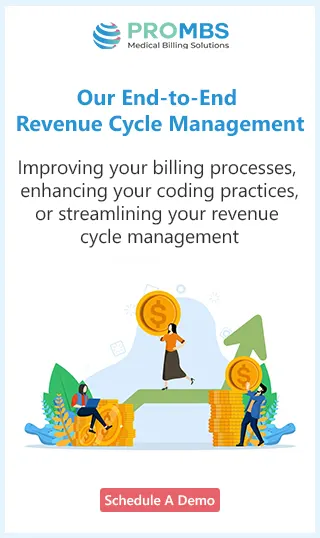Appointment Scheduling Importance
Patient appointment scheduling is a critical process in the healthcare industry that plays a vital role in optimizing resources, reducing wait times, and enhancing the overall patient experience. Efficient scheduling allows medical practices and clinics to effectively manage patient appointments, including initial consultations, follow-up visits, and medical procedures. In this blog post, we will explore the importance of patient appointment scheduling and discuss the best practices that can revolutionize your healthcare practice.
What is Patient appointment Scheduling?
Patient appointment scheduling refers to the process of coordinating and arranging appointments between healthcare providers and patients. It involves managing the availability of healthcare professionals, allocating appropriate time slots for patient visits, and organizing the overall flow of appointments within a medical practice.
Why is Patient Appointment Scheduling Important?
1. Enhanced Patient Experience
Efficient appointment scheduling ensures that patients receive timely access to healthcare services, reducing waiting times and enhancing the overall patient experience. Patients appreciate the convenience of prompt appointments and experience improved satisfaction with the healthcare provider.
2. Resource Optimization
Effective scheduling ensures that healthcare providers and facilities are efficiently utilized, maximizing productivity and reducing idle time. It enables you to allocate the right resources, such as doctors, nurses, and equipment, based on patient needs and appointment requirements.
3. Reduced Wait Times
By implementing streamlined scheduling processes, you can minimize patient wait times and improve their overall experience. Shorter wait times lead to increased patient satisfaction and loyalty, fostering a positive reputation for your practice
4. Improved Workflow Efficiency
Well-structured appointment scheduling systems help healthcare providers manage their daily workflows more efficiently. By allocating appropriate time slots for different types of appointments and ensuring a balanced distribution, providers can maintain a steady flow of patients throughout the day.
5. Timely and Appropriate Care
Efficient appointment scheduling ensures that patients receive timely and appropriate medical care, promoting their well-being. It allows you to allocate sufficient time for each appointment, ensuring healthcare providers can dedicate the necessary attention and expertise to address patients’ concerns.
Best Practices for Patient Appointment Scheduling
To optimize patient appointment scheduling and reap its benefits, healthcare practices can adopt the following practices:
1. Implement Online Scheduling
Implementing online scheduling solutions, such as appointment booking platforms, empowers patients to schedule, reschedule, or cancel appointments conveniently. Online scheduling systems offer 24/7 accessibility, reduce administrative burdens, and enhance patient satisfaction.
2. Implement Reminder Systems
Employ automated reminder systems via SMS or email to notify patients about upcoming appointments and reduce the likelihood of no-shows. Reminders can be customized to suit patient preferences and improve adherence to scheduled appointments. Reminders can be customized to suit patient preferences and improve adherence to scheduled appointments.
3. Streamline Workflow with Electronic Health Records (EHR)
Integrating patient appointment scheduling with EHR systems enhances workflow efficiency and reduces errors associated with manual data entry. EHRs provide real-time access to patient information, allowing healthcare providers to make informed decisions during appointments.
4. Prioritize Emergency and Urgent Appointments
Allocate specific time slots within the schedule to cater to emergency and urgent cases, ensuring their prompt attention. This prevents delays in critical care and demonstrates a commitment to patient safety and well-being.
5. Optimize Staff Allocation
Analyze appointment patterns and patient demand to optimize staff allocation and ensure appropriate staffing levels during peak periods. This helps maintain a smooth patient flow, minimizes waiting times, and maximizes the utilization of healthcare professionals.
6. Enhance Communication
Maintain open and clear communication channels with patients to avoid misunderstandings or missed appointments. Utilize technologies like text messaging and automated appointment reminders to provide timely updates and reduce appointment no-shows.
Effective patient appointment scheduling is crucial for healthcare practices to optimize resources, reduce wait times, and enhance patient satisfaction. By implementing best practices such as online scheduling, staff training, and efficient use of scheduling software, you can revolutionize your appointment management process. Prioritizing patient needs, streamlining communication, and optimizing appointment time slots contribute to a seamless patient experience. Embrace these practices to unlock the full potential of patient appointment scheduling and ensure the success of your healthcare practice.
Why Choose PROMBS?
Outsourcing Patient Appointment Scheduling Services to Pro Medical Billing Solutions can offer healthcare organizations efficient and cost-effective scheduling solutions, access to expertise, improved workflow, enhanced patient satisfaction, and advanced infrastructure for revenue cycle management. By entrusting this crucial task to a specialized service provider, healthcare providers can focus on providing quality care while ensuring that their scheduling processes are handled professionally and efficiently. Contact us for a free consultation: (725) 237-2757
FAQs
How can patient appointment scheduling impact revenue and operational efficiency in medical offices?
Patient appointment scheduling directly impacts revenue and operational efficiency in medical offices. Streamlined scheduling processes reduce patient wait times, increase patient satisfaction, and enhance operational productivity.
What are the benefits of patient self-scheduling?
Patient self-scheduling allows patients to book appointments conveniently and reduces the administrative burden on staff. It empowers patients and increases their engagement in managing their healthcare needs.
How can scheduling software improve appointment management?
Scheduling software provides advanced features such as automated reminders, appointment tracking, and reporting capabilities. It streamlines the appointment management process, increases operational efficiency, and reduces scheduling errors.
Why is timely and appropriate care important in patient appointment scheduling?
Timely and appropriate care ensures that patients receive the necessary medical attention when they need it. Efficient scheduling allows healthcare providers to allocate sufficient time for each patient, improving patient outcomes and satisfaction.
How can healthcare providers reduce appointment no-show rates?
Healthcare providers can reduce appointment no-show rates by implementing automated appointment reminders through text messaging or other communication channels. These reminders serve as prompts for patients and help minimize missed appointments.










